Hell is a topic that has long interested and worried many Christians. The Bible describes hell in several ways, giving us a picture of what it might be like. Here, we look at 19 different descriptions of hell found in the Bible.
Eternal Separation

The Bible describes hell as a place of eternal separation from God. Compelling Truth notes that this separation is considered the ultimate punishment for those who reject God’s love and salvation. The pain of being cut off from the source of all good is said to be worse than any physical torment.
Lake of Fire
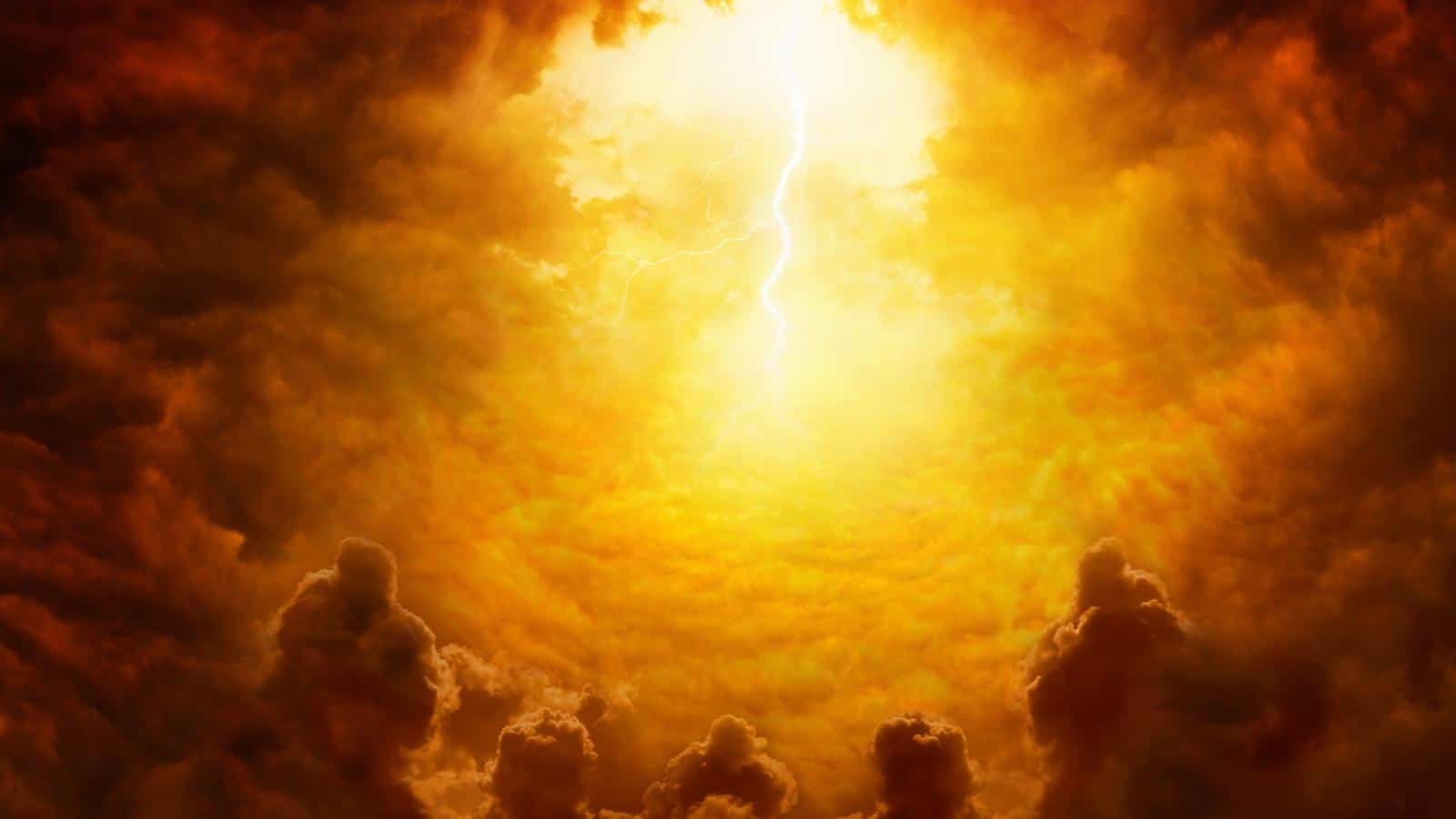
We also find hell described as a lake of fire. This image is thought to represent the extreme suffering of those sent there. The fire is seen as a symbol of both physical and spiritual pain, constantly burning but never consuming its inhabitants.
Outer Darkness

Another biblical description of hell is that of outer darkness. This portrayal suggests a place not just without light but also without any hope or comfort. The darkness represents the absence of God’s presence and the despair that comes with it.
Weeping and Gnashing of Teeth

Jesus frequently used the phrase “weeping and gnashing of teeth” when referring to hell. These words paint a vivid picture of the sorrow, regret, and anger experienced by those who find themselves in this place of torment.
Gehenna

In the New Testament, the Greek word “Gehenna” is often translated as hell. This term refers to a valley outside Jerusalem where trash was burned continuously. The ever-burning garbage dump became associated with the concept of eternal punishment.
Sheol
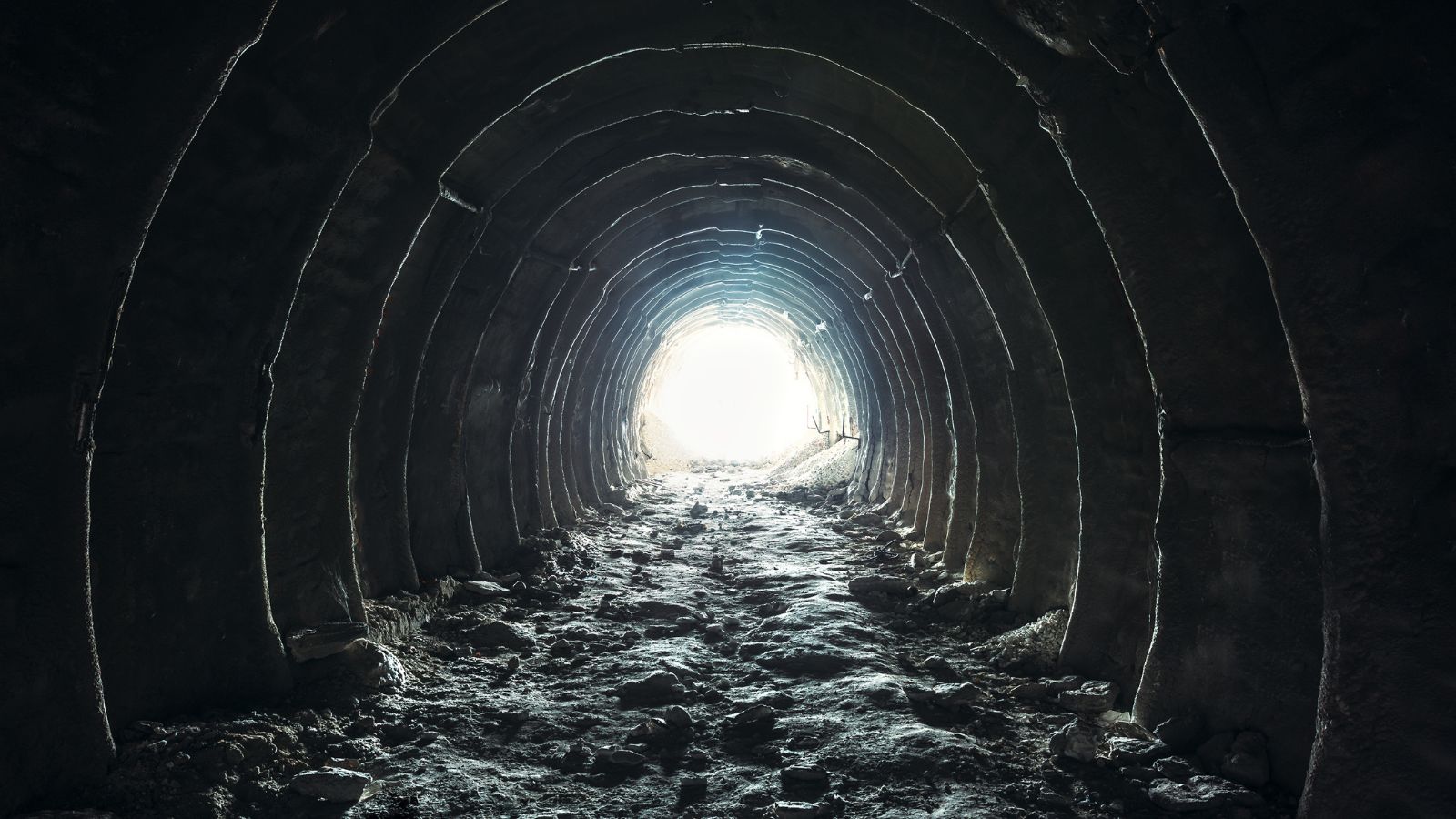
In the Old Testament, we find the Hebrew word “Sheol” to describe the place of the dead. While not always synonymous with hell, it sometimes carries connotations of a dark, gloomy underworld where the wicked are punished.
Place of Torment

The Bible also consistently portrays hell as a place of torment. This suffering is not just physical but also emotional and spiritual. The anguish comes from the realization of one’s separation from God and the consequences of rejecting His love.
Bottomless Pit
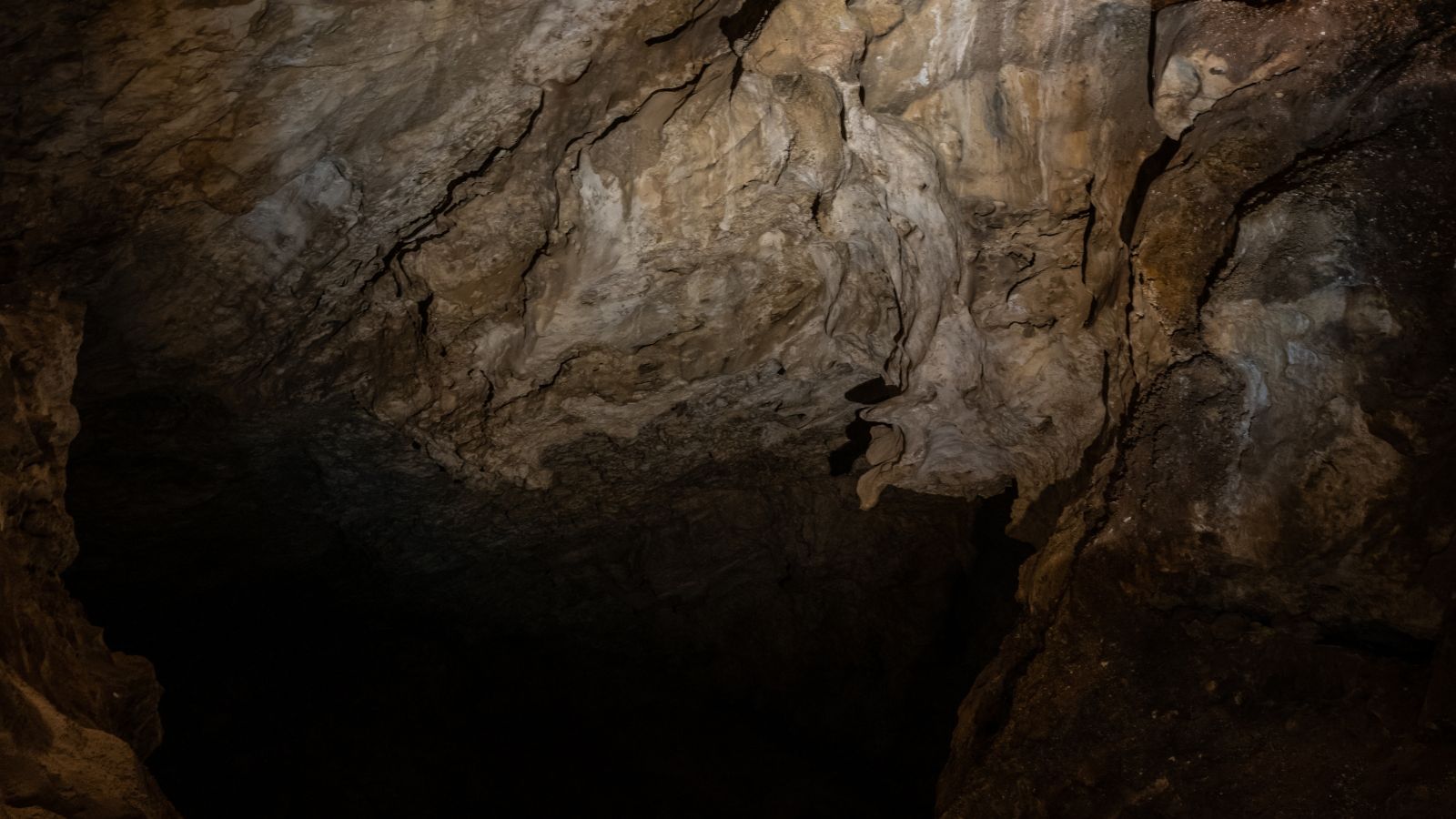
Revelation describes hell as a bottomless pit or abyss, suggesting an endless fall into darkness and despair. The idea of a pit without a bottom implies the eternal nature of the punishment and the impossibility of escape.
Unquenchable Fire
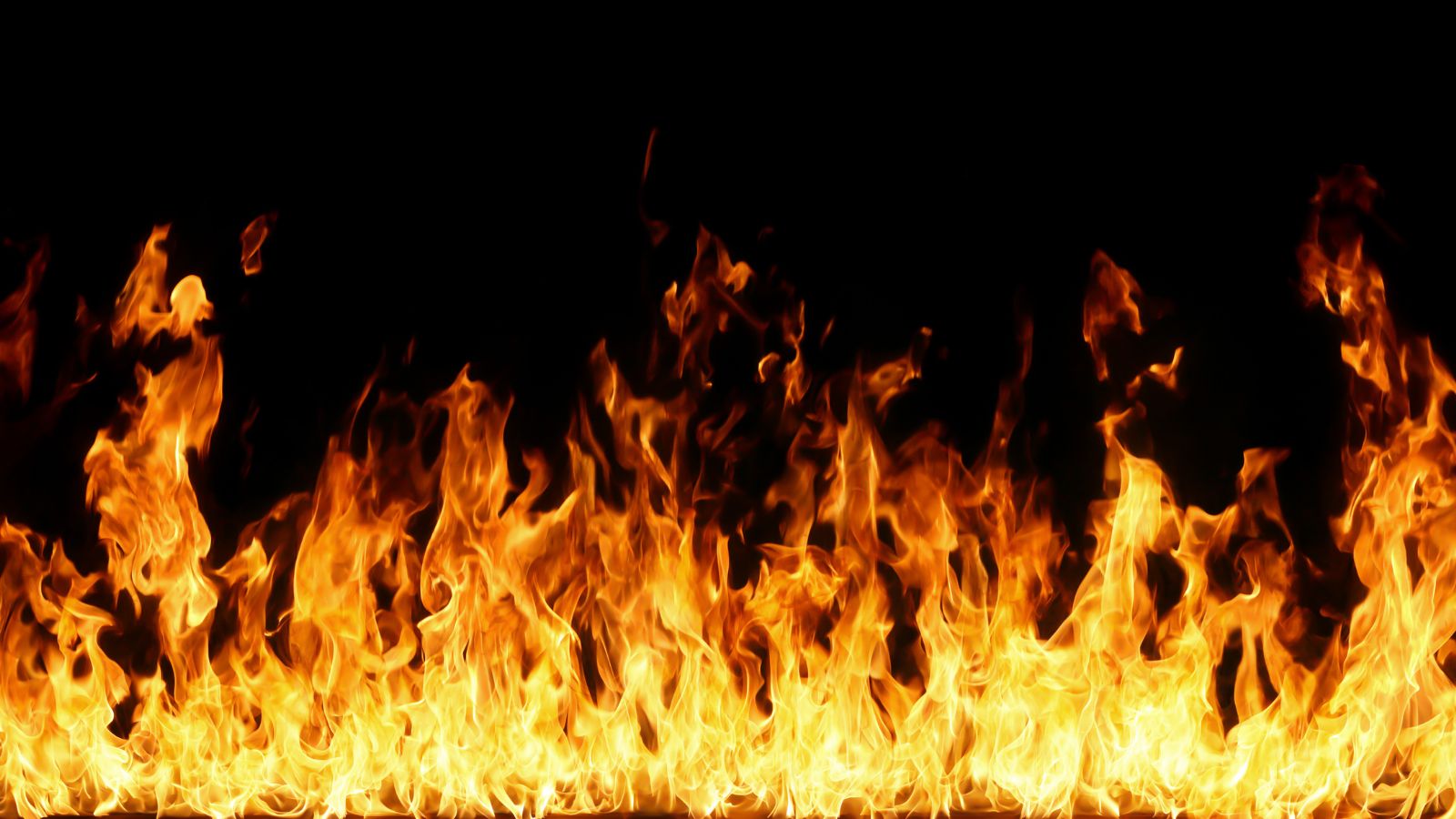
Scripture speaks of hell’s fire as unquenchable. Unlike earthly fires that eventually burn out, the flames of hell are said to burn forever, never consuming their fuel. This description underscores the eternal nature of the punishment.
Second Death

The book of Revelation refers to hell as the “second death,” suggesting a final, irreversible separation from God. While the first death is physical, the second death represents a spiritual state of eternal alienation from the divine.
Prepared for Satan

The Bible states that hell was originally prepared for Satan and his fallen angels. This information reveals that hell was not initially intended for humans but became the destination for those who choose to follow Satan’s rebellion against God.
Conscious Existence

Biblical descriptions of hell also imply a state of conscious existence. The inhabitants are aware of their situation and the reasons for their punishment, and this just adds to the torment, as there’s a constant reminder of the choices that led to their condemnation.
No Rest

Hell is also portrayed as a place without rest. This lack of respite adds to the suffering of its inhabitants since the constant state of anguish and torment, without any breaks, can only intensify the punishment.
Degrees of Punishment

Some biblical passages suggest there may be degrees of punishment in hell. This concept implies that while all in hell are separated from God, the severity of their suffering might vary based on their actions during life.
Eternal Duration

The Bible consistently describes hell’s duration as eternal. This permanence adds to the gravity of the punishment. The idea that there’s no end to suffering suggests the seriousness of rejecting God’s offer of salvation.
Absence of Hope

Hell is described as a hopeless place. The permanent judgment and never-ending punishment mean those in hell can’t be saved or escape. This lack of hope makes their suffering even worse.
Isolation

Biblical descriptions of hell often imply a sense of isolation, and although many may be there, each person experiences their own personal torment. This adds to the punishment, as there’s no comfort or solace to be found in companionship.
Remembrance of Life

The Bible hints that people in hell remember their past lives, with these memories of lost chances for salvation increasing their suffering. Recalling their past choices becomes a constant source of regret.
Contrast to Heaven
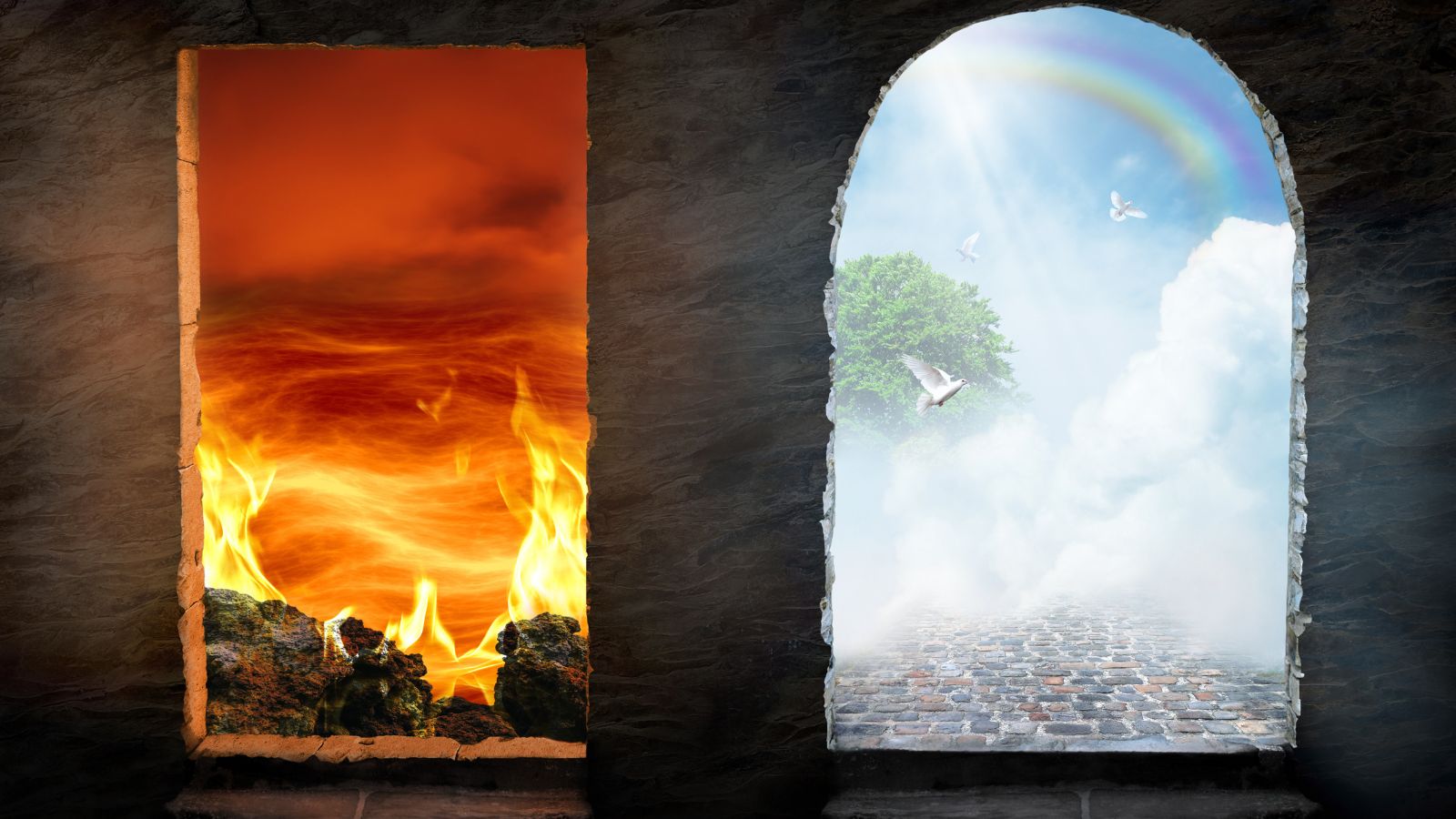
We often see that hell is presented in stark contrast to Heaven. While Heaven is described as a place of joy, peace, and God’s presence, hell is characterized by suffering, chaos, and God’s absence. This contrast highlights the consequences of one’s choices in life.
Up Next: 19 Completely False Things About America That Foreigners Think Are True

The U.S. is arguably the most famous country in the world, and people from far-off places often know our flag and president’s name! However, a lot of media coverage and exported movies mean plenty of opportunities for misunderstanding and stereotyping. Here are 19 false assumptions non-Americans often make about ‘the land of the free!’
19 Completely False Things About America That Foreigners Think Are True
20 Loyal Dog Breeds That Will Never Leave Your Side

Since early humans first fed a wolf around a campfire, dogs have been our constant companions and are renowned for making strong bonds with their owners. But which specific types of dogs make the most loyal and devoted pets? This article describes the 20 most unwaveringly loyal canine breeds and the characteristics that make them the ultimate ‘ride or die’ pets!
20 Loyal Dog Breeds That Will Never Leave Your Side
18 Reasons Older Men Say ‘Nope’ To Relationships

Older men embrace being alone and generally prefer spending time in solitude. They’ve had a full, so don’t criticize them for being less social! The following 18 reasons explain why older men prefer to be alone and are redefining how they experience their retirement years.
